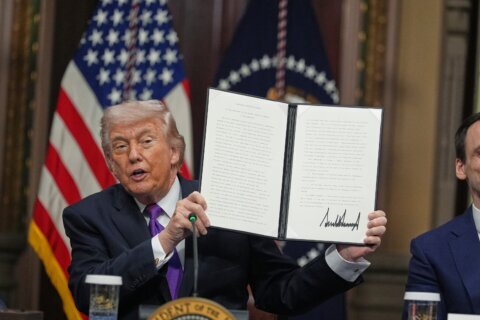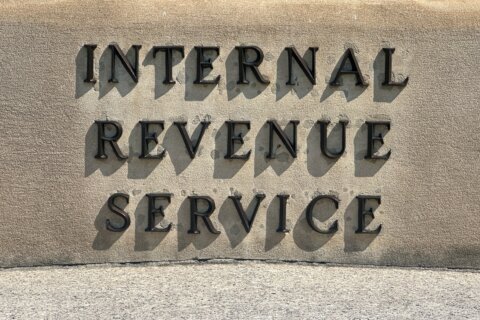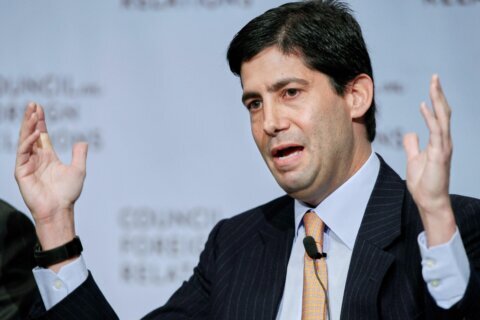WASHINGTON — Americans are less likely to fight the crowds in stores on the peak shopping days this year, and much more likely to sit back and ferret out the best bargains online, according to Accenture’s 11th Annual Holiday Shopping Survey.
The online survey of 1,500 U.S. consumers — spread evenly across Generation Z, Millennials, Generation X and Baby Boomers — found 52 percent of respondents are less likely to shop on Black Friday this year. Among D.C. area residents, it was 56 percent.
The survey also found 50 percent were less likely to shop on Thanksgiving and 42 percent less likely to shop on Cyber Monday.
Why the shift? Too many people: More than two-thirds of those who said they wouldn’t shop on Black Friday cited crowds of people competing for the best deals. Along those lines, consumers plan to do approximately half of their holiday shopping from the comfort of their home this year.
Another reason is simply taking advantage of year-round bargains; 64 percent of those surveyed said they shop for holiday gifts throughout the year thanks to the rise of deal websites and Amazon Prime Day.
Another 32 percent said Black Friday is a day that should be about spending time with family, and 21 percent said the quality of goods isn’t as good as it used to be.
How can brick-and-mortar retailers compete with the evolving attitudes of U.S. consumers?
“Smart retailers are taking a longer-term view of the season,” said Jill Standish, senior managing director and head of Accenture’s retail practice.
“Rather than just striving to win new sales through ever-lower discounts, they instead see the holidays as an opportunity to define their purpose, engage in a way that is memorable and be clear about the role they will play in shoppers’ lives both practically and emotionally. Experiences that are distinct, memorable and worth sharing with others can be the foundation for a more-profitable, enduring and year-round relationship.”
When it comes to placing orders online, U.S. consumers are much more interested in free than fast.
Respondents were more than 10 times as likely to say they’re willing to wait longer for their items to be delivered for free, than to pay an additional cost for immediate delivery.








